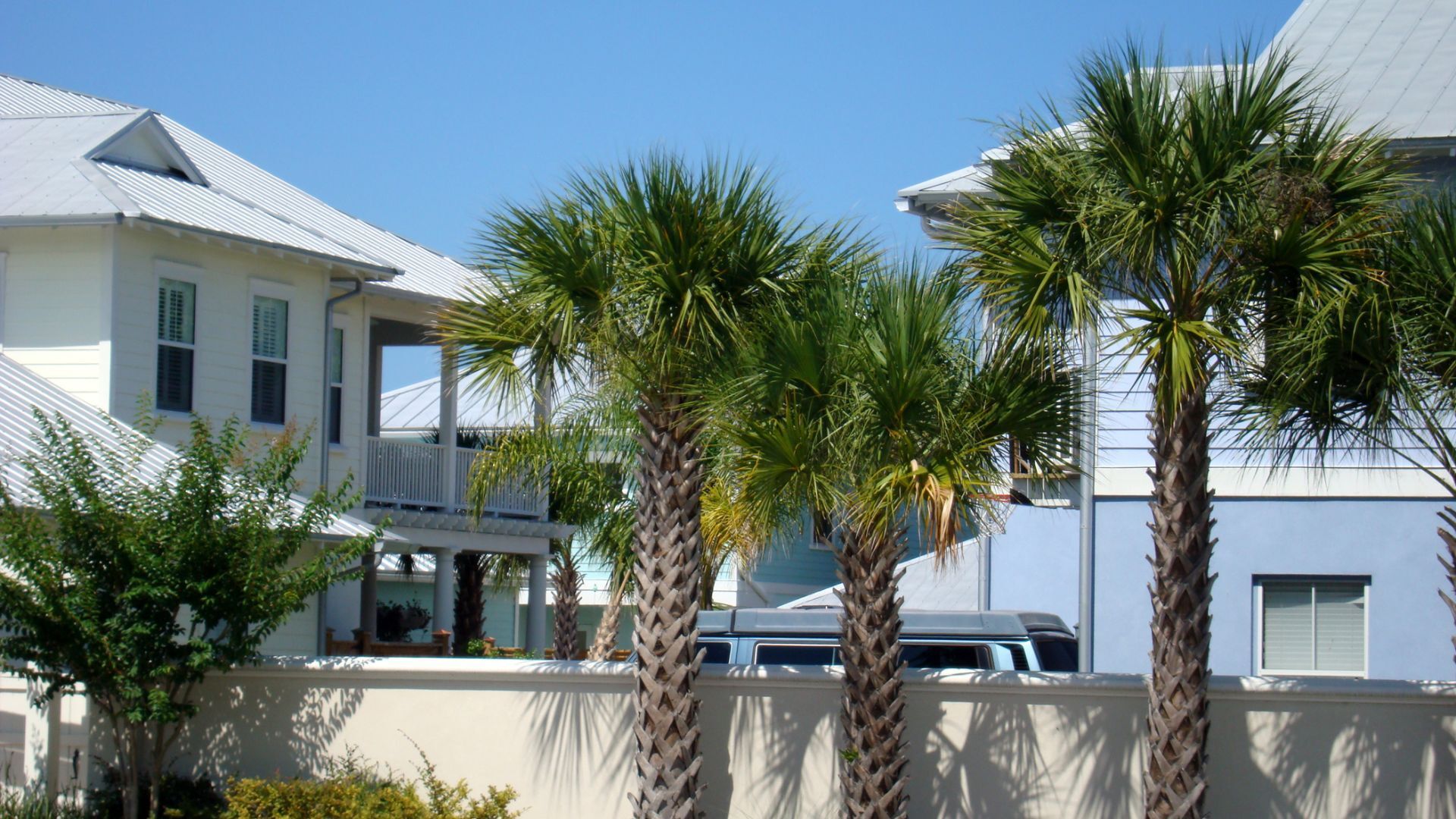Call (727) 784-5555
Cash-out refis reach $1.2T in 2021, highest level since 2005
Origination volume hit new record of $4.4T in 2021, according to Black Knight
Record home prices in recent years have pushed tappable home equity to new heights, increasing the demand for one specific product: cash-out refis.
Black Knight data shows that lenders originated $1.2 trillion in cash-out refis in 2021, up 20% compared to the prior year, the highest volume since 2005. Cash-out refis went from 36% to more than 60% of all refis from the beginning of 2021 to the fourth quarter.
In 2021, homeowners tapped $275 billion in equity. In the fourth quarter, more than 1 million homeowners tapped $80 billion. Despite the withdrawal, tappable equity available to homeowners with a mortgage grew by $446 billion in the fourth quarter.
“We’ve been discussing this shift to an equity-centric market for some time, and our Optimal Blue rate lock data showed that cash-out activity continued to increase in January of this year as well,” Ben Graboske, data and analytics president at Black Knight, said in a statement.
He added: “Now for the bad news: retention of cash-out refinance borrowers has been notoriously difficult.” Retention is still eight percentage points lower in cash-out than rate/term refis.
The data vendor noted the underlying risk of cash-out refis remains low, with average credit scores above 740. In addition, soaring home values resulted in much lower post-withdrawal loan-to-value (LTV) ratios than during the Great Recession, when LTVs were more than ten percentage points higher.
Overall, originations reached $4.4 trillion in 2021, up from $4.3 trillion in the previous year to post a record volume. Refinances decreased 34% last year, to $2.7 trillion — rate/term refis volumes declined even more, 60% compared to 2020. Lenders originated a record $ 1.7 trillion in purchases last year.
Graboske noted that entering 2021, the consensus opinion was that mortgage originations would likely be 20-25% lower than 2020’s record-breaking levels. Black Knight’s suggestion was a 7% decline. In the end, originations outpaced the prior record.
Start Your Loan
with DDA todayYour local Mortgage Broker
Mortgage Broker Largo See our Reviews
Looking for more details? Listen to our extended podcast!
Check out our other helpful videos to learn more about credit and residential mortgages.





